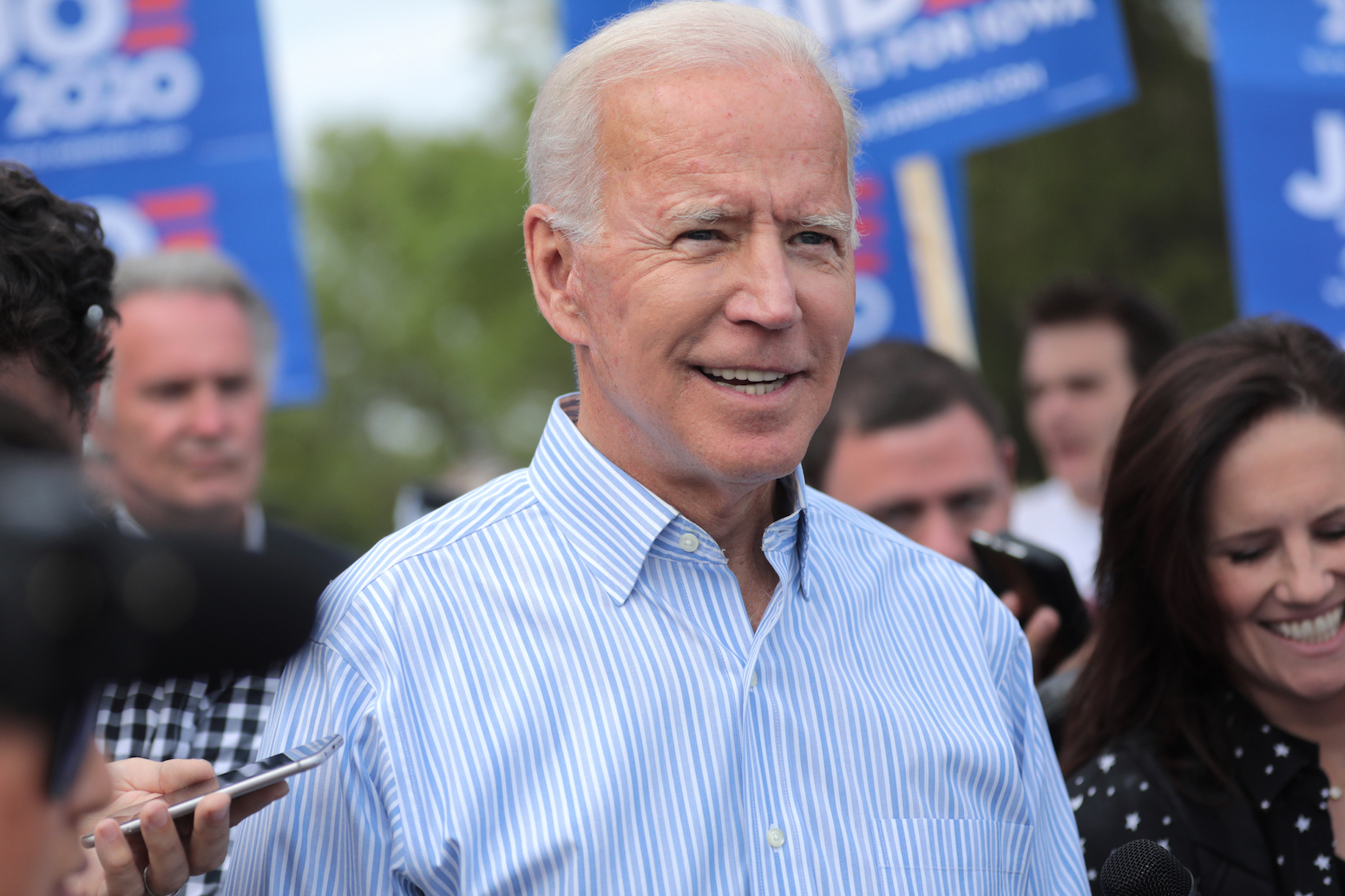In the approaching era of wider collaboration between Biden’s United States and Europe, the two powers must face China on human rights and technology. Featuring expert insights from Brian Katulis (Center for American Progress) and Lindsay Gorman (German Marshall Fund).
Even if the outgoing US President, Donald Trump, has yet to concede defeat, the geopolitical world is ready to move on to his successor. President-elect Joe Biden is en route to erase Trumpism in foreign policy and renew the US’ commitment to like-minded allies.
It follows that the Biden administration will turn its attention to Europe, home to a significant part of its geostrategic alliances and potential global superpower in the form of the EU.
According to Brian Katulis, Senior Fellow at the Center for American Progress in Washington, D.C., the Biden administration will break with the Trumpean tradition of “bullying and pressuring” European allies, opting instead for a “steadier and more consistent diplomatic approach” to foster an all-round collaboration on shared objectives.
Areas of cooperation include the Covid pandemic and the economic response to the damage it caused, as well as migration, climate change, and countering the influence of autocratic countries. No surprises there: the main adversaries on the world stage, for both, will still be China and Russia.
Mr Biden spoke about holding a “summit of democracies” early in his administration, and Mr Katulis interpreted that as “extensive consultations with key partners, particularly in Europe, to set an agenda that produces clear results and outcomes.”
However, “[i]f the summit is just a conference to exchange ideas and not action-oriented, it is unlikely to address the increasingly assertive role that China and other countries like Russia play in challenging open societies,” warned the expert.
The EU seems to have acknowledged the threat of China and its expansionism, designating it a “strategic rival” and condemning the human rights violations underway in Hong Kong and the Xinjiang region.
This is a far cry from the trade war brought forward by Mr Trump, whose administration strived to actively undermine Beijing by hitting at its global economic competitiveness through specific bans and sanctions.
The US’ worries about Chinese technological espionage go hand in hand with its fear for China’s staggering economic expansionism, a lot of which occurs through the tech industry. Seeking to contain both, the president has put pressure on allies to do away with Chinese tech.
The EU is not deaf to these concerns. Many member states have already curbed the amount of Chinese 5G tech allowed in their networks (Italy included), and some have banned it altogether. Additionally, EU lawmakers recently listed some Chinese tech companies – Huawei and ZTE – as “high risk vendors.”
“There is strong interest on both sides of the Atlantic for deeper cooperation on technology policy and an opportunity for a collective response to techno-authoritarianism,” noted Lindsay Gorman, Emerging Technologies Fellow at the Alliance for Securing Democracy al German Marshall Fund.
Ms Gorman envisioned a new approach under Biden: a stronger collaboration with the EU on the technological front, grounded on share values, can become a joint effort in containing China’s techno-autocratic firepower.
“Given the consensus in the United States and the growing consensus among democracies of the threat high-risk vendors pose in critical 5G infrastructure, we’re unlikely to see a significant walking back on this issue,” added the expert.
Last week, the EU decided to reform its regulation on the export of dual-use products, i.e. goods, software and tech that can be used for both civilian and military applications. The new criteria will seek to prevent them being employed for human rights violations, such as mass cyber-surveillance.
Ms Gorman welcomed the new rules, calling them “a strong step in the right direction when it comes to stopping Western technology from aiding authoritarian surveillance and repression.”








